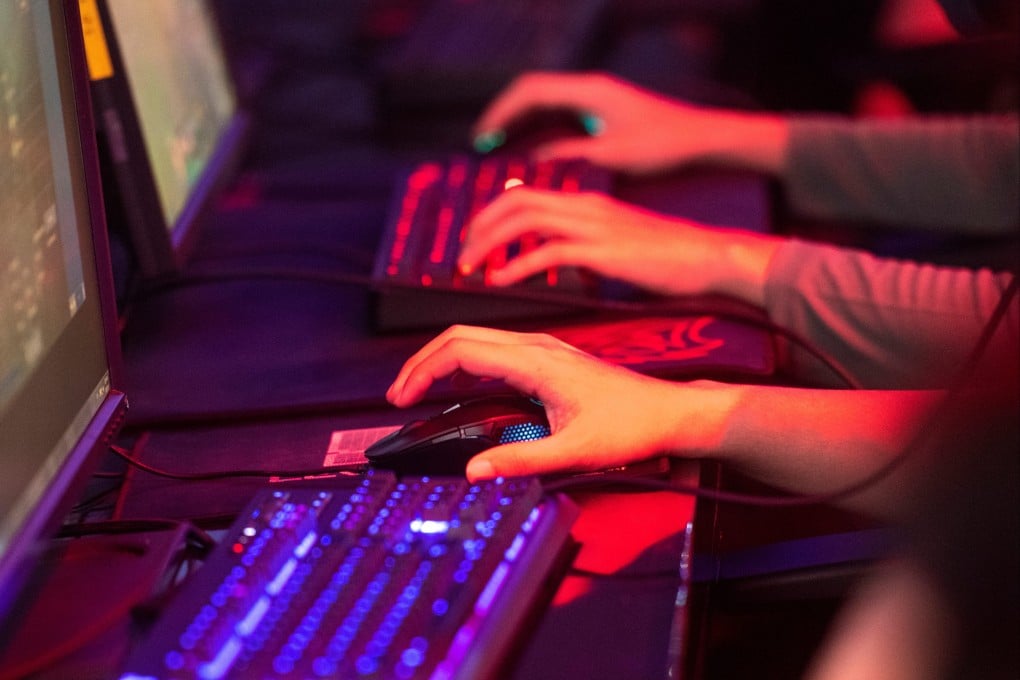Why esports and the Olympics still have a complicated relationship
- The IOC is reluctant to embrace an Olympic future for esports, despite its growing popularity among Generation Z and millennials
- But while some within the committee have called for video games to be considered as potential Olympic events, an expert says any adoption must be done properly to avoid a backlash

The International Olympic Committee (IOC) has been reluctant to embrace an Olympic future for esports, despite its growing popularity among Generation Z and millennials – groups that are also seeing the Games as less relevant to them.
The IOC supported an esports tournament that paralleled the 2018 Pyeongchang Winter Games, and esports was an official medal event at the 2022 Asian Games in Hangzhou, China, but there is yet no public timetable for an Olympic video gaming event.
The problem, the organisation has made clear, is concerns over violence in video games. “We have a clear red line, a very clear red line that we do not want to deal with any game which is contrary to the Olympic values,” IOC president Thomas Bach said at a meeting in March. “Any game where there is violence glorified or accepted, where you have any kind of discrimination, they have nothing to do with the Olympic values.”
This hard line, however, goes against the reality that video games involving various forms of violence are overwhelmingly popular. The esports scene is dominated by first-person shooters and battle arena games such as Counter-Strike: Global Offensive (CS:GO), Dota 2, League of Legends and PlayerUnknown’s Battlegrounds, while non-violent games such as Hearthstone constitute only a minor, albeit substantial, part.
But there is some support for video games from within the IOC. Yelena Isinbaeva, a member of the committee and a two-time Olympic pole vault gold medallist, said games such as CS:GO and Dota 2 should at least be considered in the Olympic programme.
“In the future, it will be a huge challenge to the Olympic movement and traditional sports, this computer sport, which is not less [interesting] than the Olympic Games,” she said at the March meeting.
Dr Juanita Cheung Sin-ting, a senior lecturer at the Chinese University of Hong Kong who researches physical education, also doubted whether esports would get gamers to exercise more.
She said Hong Kong’s “electronic physical education” classes, in which pupils exercised with motion-sensing gaming consoles on rainy days, did not make students more enthusiastic about the sports the games emulated.
